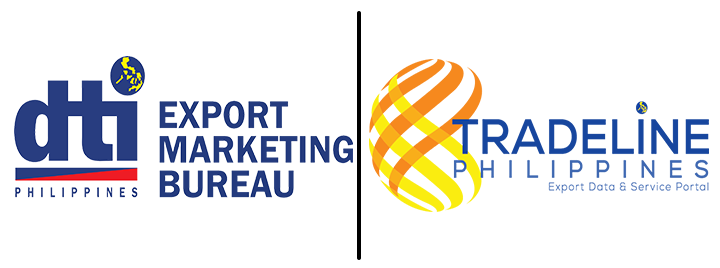Asset Publisher
A composite product is defined in European Union legislation as ‘a foodstuff intended for human consumption that contains both processed products of animal origin and products of plant origin and includes those where the processing of primary product is an integral part of the production of the final product'.
From 21 April 2021, entry requirements of composite products will no longer be based on percentage of the animal-based ingredients. Instead, the new rule will be based on the animal or public health risk linked to the composite product itself.
The animal-based component present in the composite product must come from a Third country, whose residue monitoring plan has been approved by the EU and listed in Commission Decision 2011/163/EU. A third country importing a specific animal-based component, like milk or eggs, from another country whose residue monitoring plan has been approved by the EU, will have to notify the EU so that said Third country will appear in a footnote on the specific animal-based component in the list contained in Decision 2011/163/EU.
There will be three (3) categories of composite products and the EU requirements for entry into the EU market –
- non-shelf stable composite products - official certificate issued by the Third country competent authority attesting that the “composite product” as well as each of the animal-based product contained in the composite product has been produced by an EU accredited establishment.
- shelf-stable containing meat products - official certificate like that required for non-shelf stable composite products in point (a) above.
- shelf-stable that do not contain meat products, shall originate from third countries accredited by the EU for fishery or meat or dairy or egg products and the composite product must be accompanied by -
- a private attestation from the EU importer that contains information listed in Article 14 (3) of Commission Delegated Regulation 2019/625, and/or
- a declaration of the operator of the third country or territory of origin of the composite products, attesting that the dairy products and egg products contained in the composite products have undergone at least the risk-mitigating treatment provided for in Article 163 (b) and Annex XXVII of Commission Delegated Regulation 2020/692.
Composite products listed as lower risk products will be established before 21 April 2021 by a Commission Delegated Regulation and said products will be exempted from veterinary control at EU border BUT maybe controlled at destination.
The Philippines, being accredited as an exporter of fishery products to the EU, has an approved residue monitoring plan for aquaculture products. For milk products, Australia and New Zealand have approved residue monitoring plans, to name a few. For eggs, China, Japan and India are included in the list of third countries having an EU approved residue monitoring plan.


